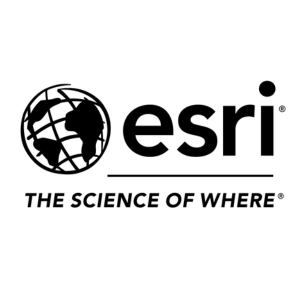|
Session C4
Empowering Communities through Climate Change Engagement and Capacity Building
Jessica Sisco, AICP; Julio Garcia, Félix Aponte-Gonzalez, & Claire Bonham-Carter
9:00 – 10:30 AM (PT) | 12:00 – 1:30 PM (ET)
| About the Presentation |
|
As the climate changes, communities are faced with a new reality of what it means to be resilient. Extreme events, storms, and flooding are increasing, forcing communities to address climate change impacts by building resilience, often without a clear understanding of what that means. As a result, long-term livelihoods of communities are threatened. While we aim as practitioners to integrate local knowledge and community stakeholder engagement into planning and design, we may not always be fully aware that community stakeholder engagement and contribution is inherently limited by a lack of technical community knowledge on the subject matter in consideration. In this presentation, we share new approaches to community resilience in the face of climate change in the form of community capacity building. By investing upfront in climate change education, the community is empowered to play a more informed decision-making role in project planning and development, leading to stronger project outcomes and ultimately more resilient communities.
In this presentation, we share two community engagement and capacity building case studies from across America: the Dumbarton Bridge West Approach and associated East Palo Alto Community in the San Francisco Bay Area, California and the Participatory Photography for Youth initiative, part of the 2017 hurricane recovery strategy in Puerto Rico:
- In the Dumbarton Bridge project, a community-based organization developed a 3-week 'parent academy' through which the local community learnt about climate change and its projected impacts on their livelihoods. Through this process the community members were able to teach the project planners, scientists, and engineers about local components that would make for a more robust project design, and were empowered to make more informed decisions about their own long-term resiliency to climate change and teach each other what it means to live resiliently.
- In 2017 Puerto Rico was hammered by hurricanes only 2 weeks apart. To develop a resilient recovery plan, a number of organizations came together to craft a capacity-building and engagement program: Rockefeller Foundation, Open Society Foundation, Ford Foundation, Espacios Abiertos, and AECOM. Recognizing that children were heavily impacted by the storms and that many adults were occupied with meeting families' basic needs, an innovative outreach strategy engaged 360 schoolchildren in six school districts throughout Puerto Rico. The students participated in educational modules on resilience and community-based participatory research through photography with the goal of empowering them to identify their most important concerns in their own way, with images and words. They developed workbooks which along with other community engagement efforts and technical analysis informed recommendations for recovery action and provided a springboard for important community conversations. Numerous student proposed recovery actions are reflected in the $20 billion USD CDBG-DR action plan that is guiding the Island's Resilient Recovery.
 Public Involvement Track, 1.5 AICP Credits Public Involvement Track, 1.5 AICP Credits
|
| About the Speakers |
|
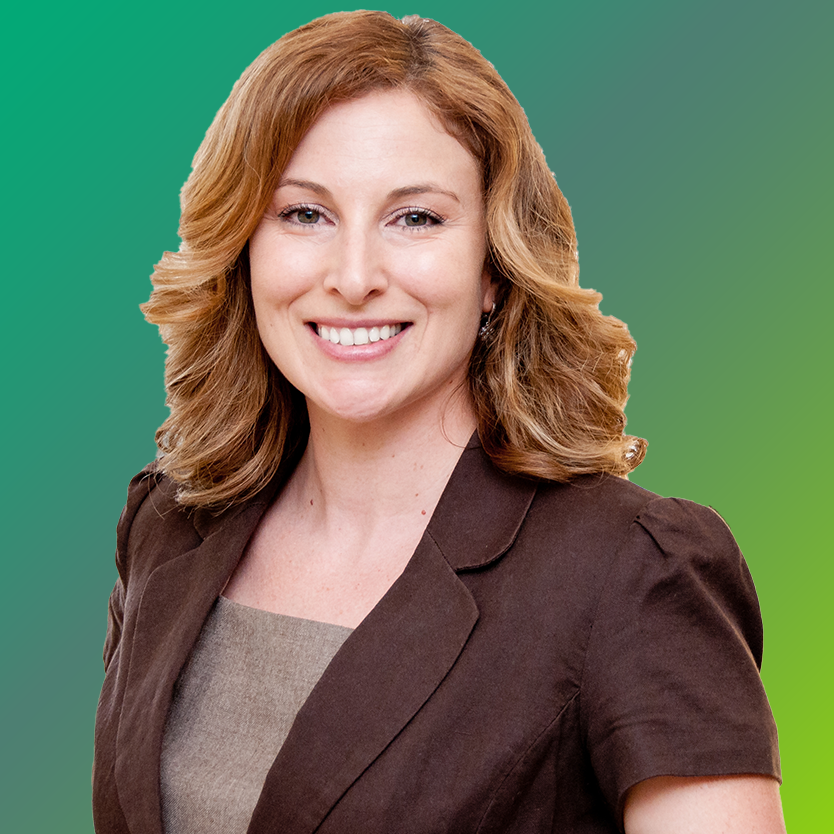 Jessica Sisco, AICP Jessica Sisco, AICP
Associate Director | Planning + Stakeholder Engagement
AECOM
Jessica Sisco is a Senior Planner with a special emphasis on resilience, climate change, environmental science, and stakeholder engagement and facilitation. As a scientist and planner, Ms. Sisco emphasizes clear and succinct communication of complex issues to encourage meaningful community involvement. Participatory planning is fundamental to her planning practice and she is happiest when breaking down planning and science to create space for deeper community engagement.
|
|
 Julio Garcia Julio Garcia
Senior Program Director
Nuestra Casa
Julio is among a handful of other leaders building the environmental justice movement for the Latino community in East Palo Alto. A largely Latino, Spanish-speaking community of about 30,000, East Palo Alto bears a heavy environmental hazard burden compared to surrounding high wealth communities.
With over 25 years in community grassroots organizing, he is well tuned to the needs of the community, particularly regarding immigrant issues and community education. As a Senior Program Director with Nuestra Casa, Julio combines his advocacy with the education and social service needs of families in our diverse community. Julio is responsible for management, development, implementation and evaluation of the Nuestra Casa Programs.
Community grassroots organizing is in Julio's DNA. "I've been working with communities for all my life. What better job than to work in the community?"
|
|
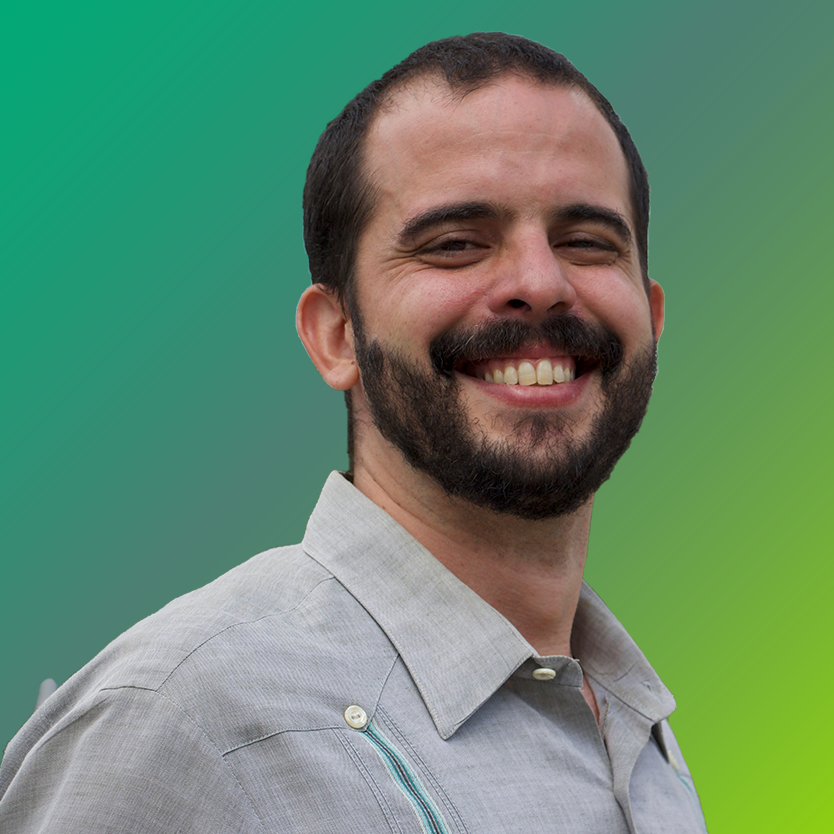
Félix Aponte-Gonzalez
Senior Program Officer
Foundation for Puerto Rico
Félix Aponte-Gonzalez has over 15 years of experience in the fields of urban planning, environmental management, climate adaptation planning and disaster risk management. Currently, he serves as Senior Program Officer for Foundation for Puerto Rico, directing all community resilience efforts led by the NGO. For years he worked as a private consultant, offering professional and technical services to NGOs', state and local governments. Also, he served as Special Aide to the Secretary of the Puerto Rico Department of Natural and Environmental Resources His work has supported initiatives on different geographies spanning Puerto Rico, United States, Latin America & Caribbean, United Kingdom and the European Union. Felix holds a PhD in Planning and Environmental Management from the University of Manchester, and a Masters in Urban Planning from the University of Puerto Rico.
|
|
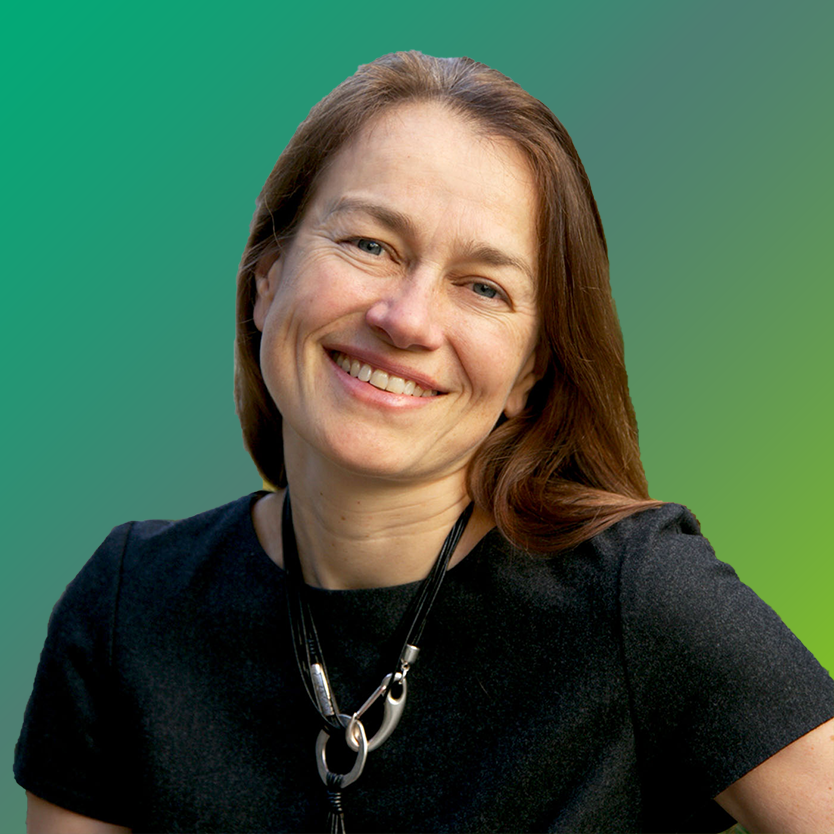 Claire Bonham-Carter Claire Bonham-Carter
Principal
AECOM
Claire Bonham-Carter is a Principal with AECOM with over 18 years of experience leading climate change planning and sustainability strategy projects for public and private sector clients in the US and internationally. She specializes in climate vulnerability and risk assessments and adaptation plans for cities and transportation agencies. In the Bay Area she has supported BCDC, MTC and Caltrans in their adaptation planning work for over a decade, recently contributing to ART Bay Area. She led AECOM's work for 100 Resilient Cities with over 30 cities globally including for the cities of San Francisco, Berkeley and Oakland, as well as Miami, Chicago, Dallas, Seattle and Honolulu in the US. Making sure communities are inspired to act and that their voices are integrated into climate projects a key focus for Claire. She is on the Board of National NGO Ecodistricts which focuses on low carbon, resilient and equitable neighborhood planning.
|
|
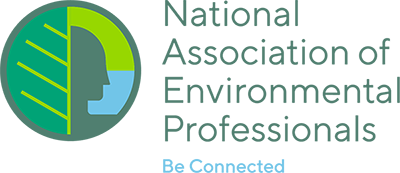
 Jessica Sisco, AICP
Jessica Sisco, AICP Julio Garcia
Julio Garcia
 Claire Bonham-Carter
Claire Bonham-Carter